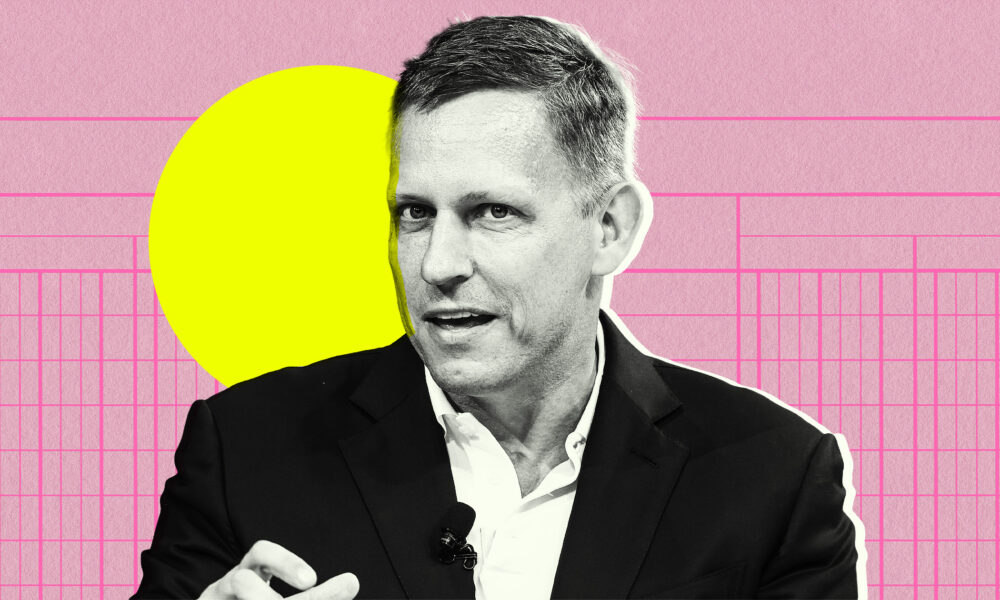Peter Thiel, the co-founder of PayPal and Palantir, has sparked significant concern following a recent leak of his remarks discussing the concept of the “Antichrist.” During a private event, Thiel expressed beliefs that suggest a troubling preoccupation with this biblical figure, raising questions about his mental clarity and ideological motivations.
This revelation comes amidst a history of Thiel’s contentious ideological positions, which include advocating for controversial policies and funding significant political agendas. His financial influence has been evident through projects like the development of extensive surveillance systems for U.S. Immigration and Customs Enforcement (ICE) and his support for the so-called “New Right.”
In audio obtained by The Guardian, Thiel articulated his belief in a literal Antichrist, whom he suspects may already be present in society. He proposed that this figure could resemble individuals such as climate activist Greta Thunberg or AI critic Eliezer Yudkowsky, both of whom are known for their opposing views.
Thiel’s remarks raise eyebrows as he navigates a blend of religious ideology and modern political discourse. He stated, “Some people think of [the Antichrist] as a type of very bad person… What I will focus on is the most common and most dramatic interpretation of Antichrist: an evil king or tyrant or anti-messiah who appears in the end times.” Such interpretations appear to reflect a deeper ideological struggle, making his public persona increasingly perplexing.
The leaked audio has prompted reactions highlighting the disturbing nature of Thiel’s thoughts. Critics argue that a figure of his wealth and influence should be grounded in rationality rather than engaging with themes reminiscent of ancient superstitions. The contrast between his financial success and his fixation on biblical prophecy raises questions about the implications for his decision-making processes.
In a notable exchange, Ross Douthat of the New York Times confronted Thiel, asking if his investments in AI and military technologies could inadvertently contribute to the very narrative of an Antichrist he fears. Thiel’s response was evasive, illustrating the tension between his public persona and the weight of his investments. “I obviously don’t think that that’s what I’m doing,” he stated, indicating a disconnect between his actions and how they might be interpreted.
The juxtaposition of Thiel’s beliefs and his professional endeavors has left many unsettled. As a powerful tech billionaire, Thiel’s views hold significant sway over global political and economic landscapes. Observers note that his comments could reflect a dangerous mix of ideology and power, potentially influencing public policy in ways that align with his peculiar interpretations of morality and order.
While Thiel’s past ideologies may have followed a coherent, albeit controversial, logic, his recent comments suggest a departure into a realm of speculation that many find troubling. The implications are profound: a wealthy individual with the capacity to shape technology and policy may be influenced by irrational fears and beliefs that could impact society at large.
As discussions about Thiel’s views continue to gain traction, it remains essential for the public to scrutinize the intersection of wealth, ideology, and influence. The concerns surrounding his mental clarity and the broader implications of his beliefs are not merely personal but extend into the political and technological frameworks that govern society today.







